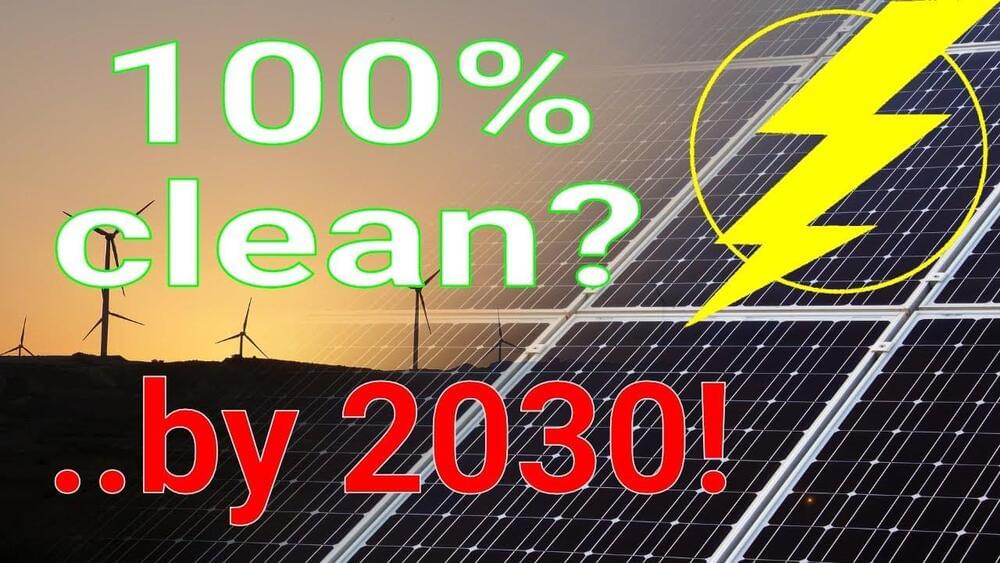Dec 8, 2021
Non-trivial gifts for the New Year | Top robots and gadgets to give as gifts
Posted by Raphael Ramos in categories: Elon Musk, mobile phones, robotics/AI, security
https://www.youtube.com/watch?v=TNT-45zK0cQ&feature=share
✅ Instagram: https://www.instagram.com/pro_robots.
You’re on the PRO Robots channel and in this issue, on the eve of the New Year and Christmas, we’ve made a selection of non-trivial gifts for you. From high-tech, to simple but useful! See Top robots and gadgets you can buy right now for fun, usefulness, or to feel like you’re in a futuristic movie of the future. Have you started picking out presents for the New Year yet?
Continue reading “Non-trivial gifts for the New Year | Top robots and gadgets to give as gifts” »


















